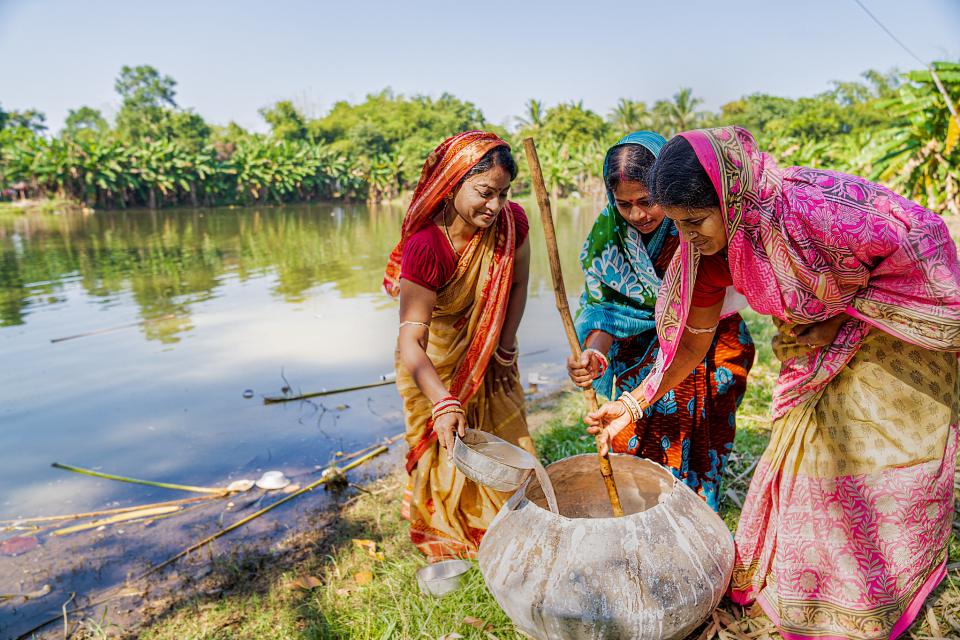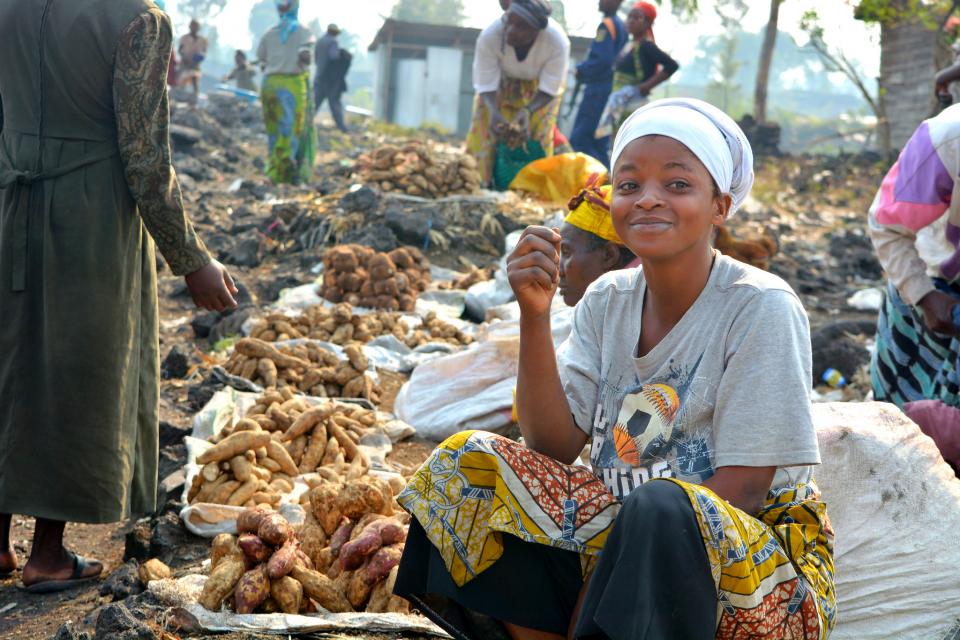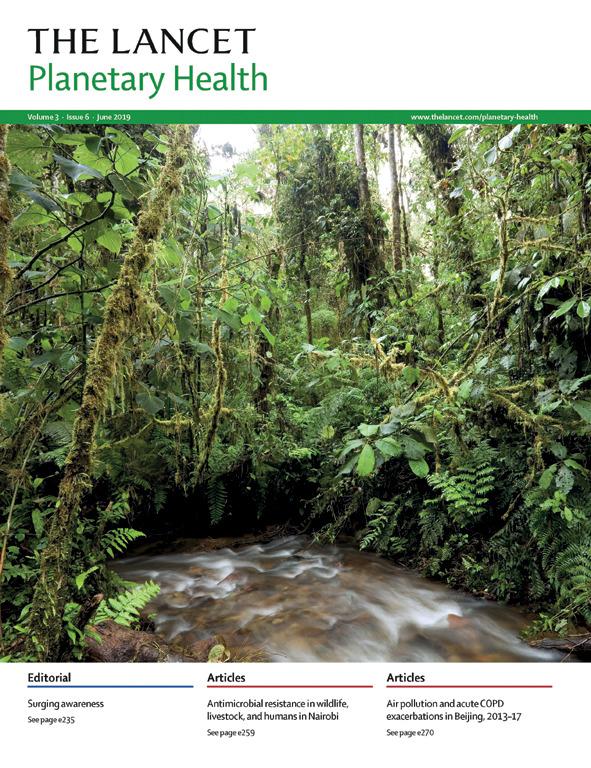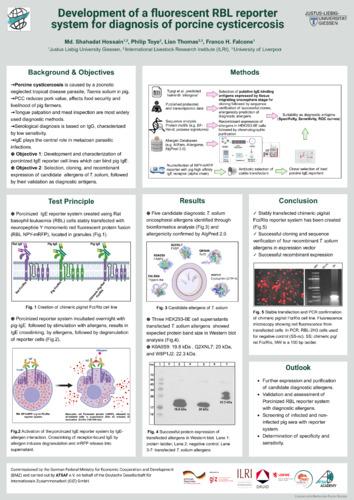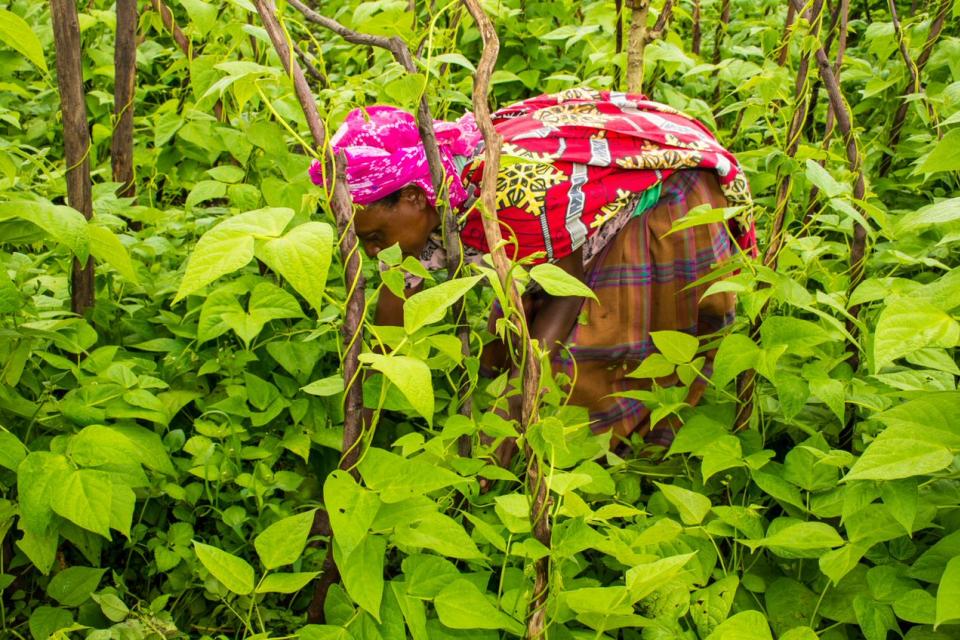
Engendering Data Blog Post
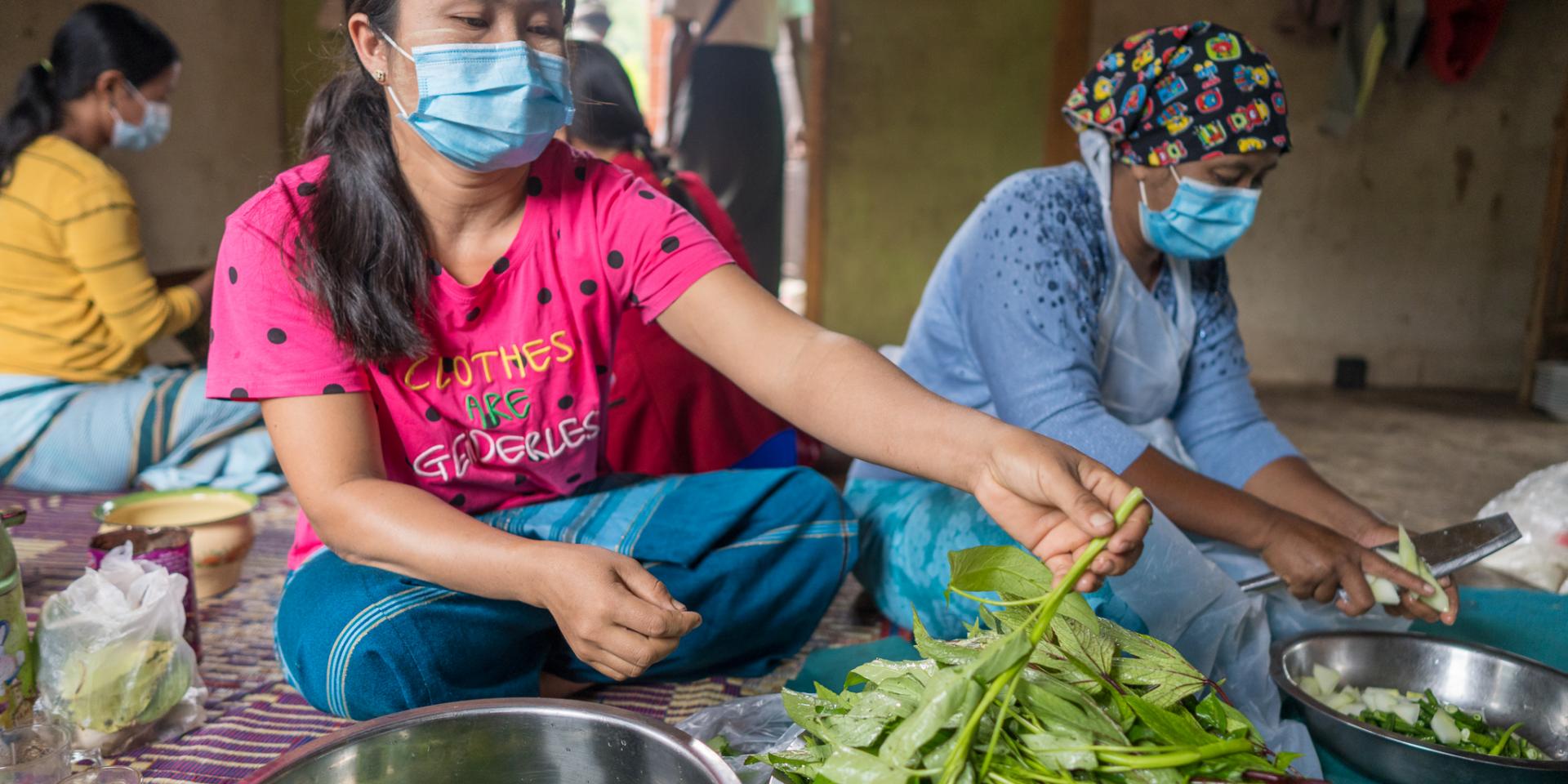
System shocks, such as COVID-19, come with risks of undoing the hard-earned progress toward gender equality achieved over the past decade.
For women farmers in developing countries, who struggled to meet the needs of their families before the pandemic, COVID-19 has made their situations even more untenable.
In this way, the COVID-19 pandemic has revealed persistent inequalities in food systems.
Creating a more resilient food system for the future will require considering the needs and wants of both women and men in all efforts to build back better.

